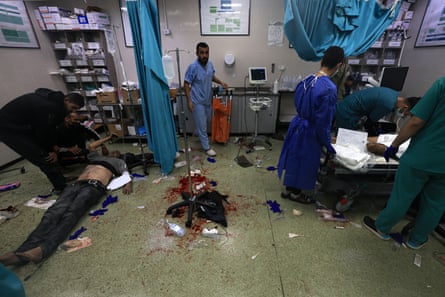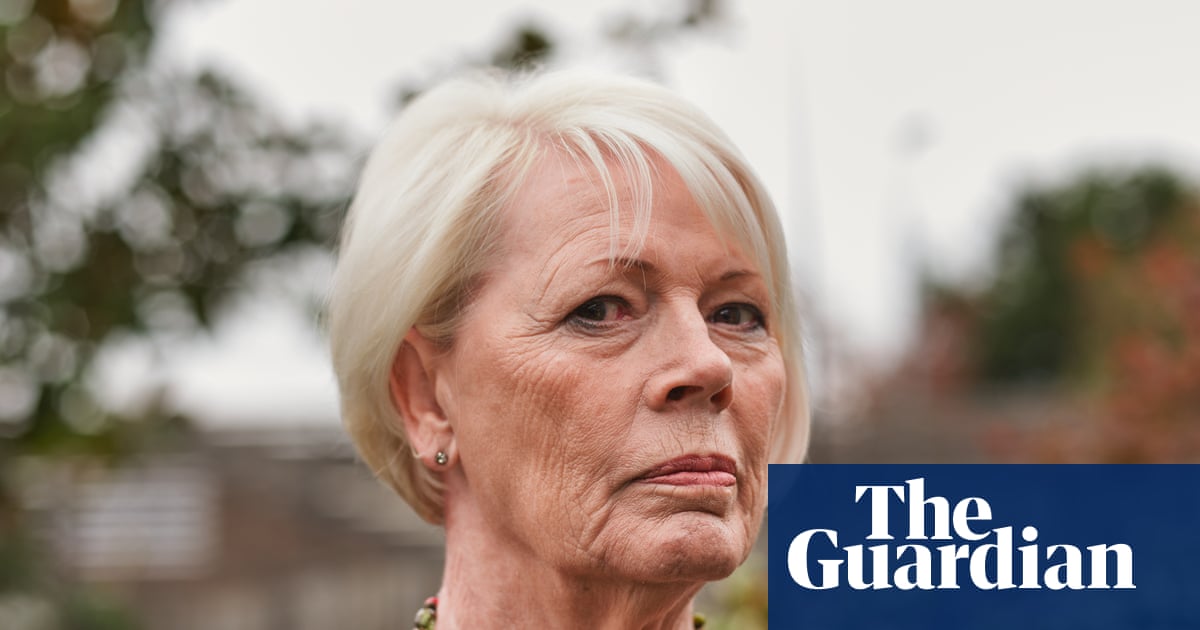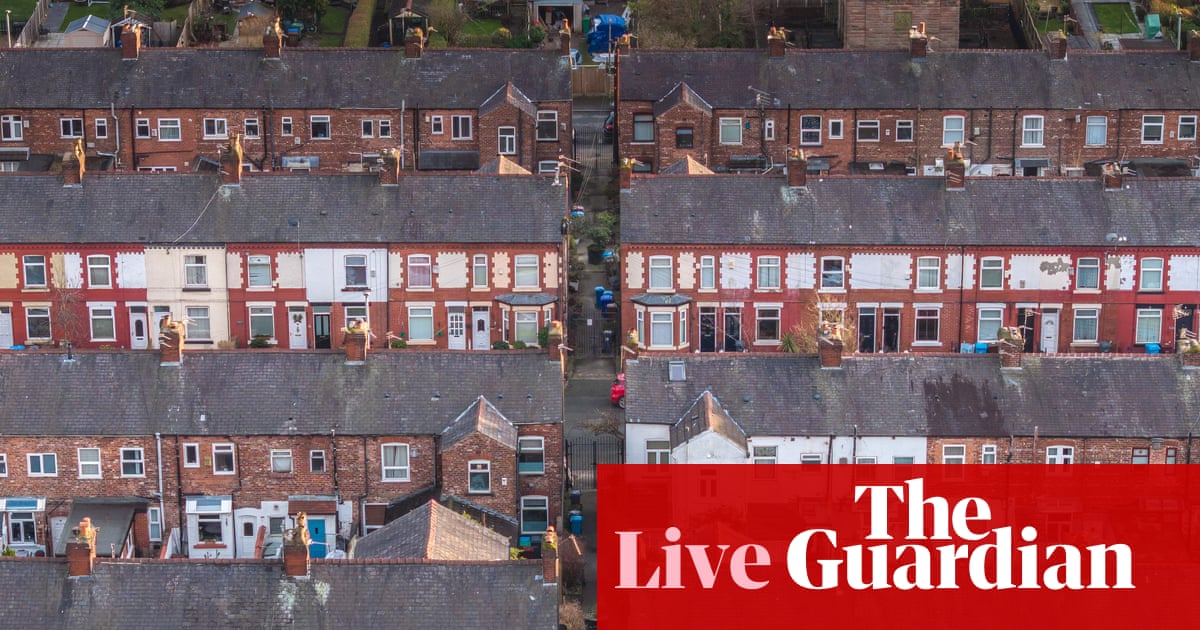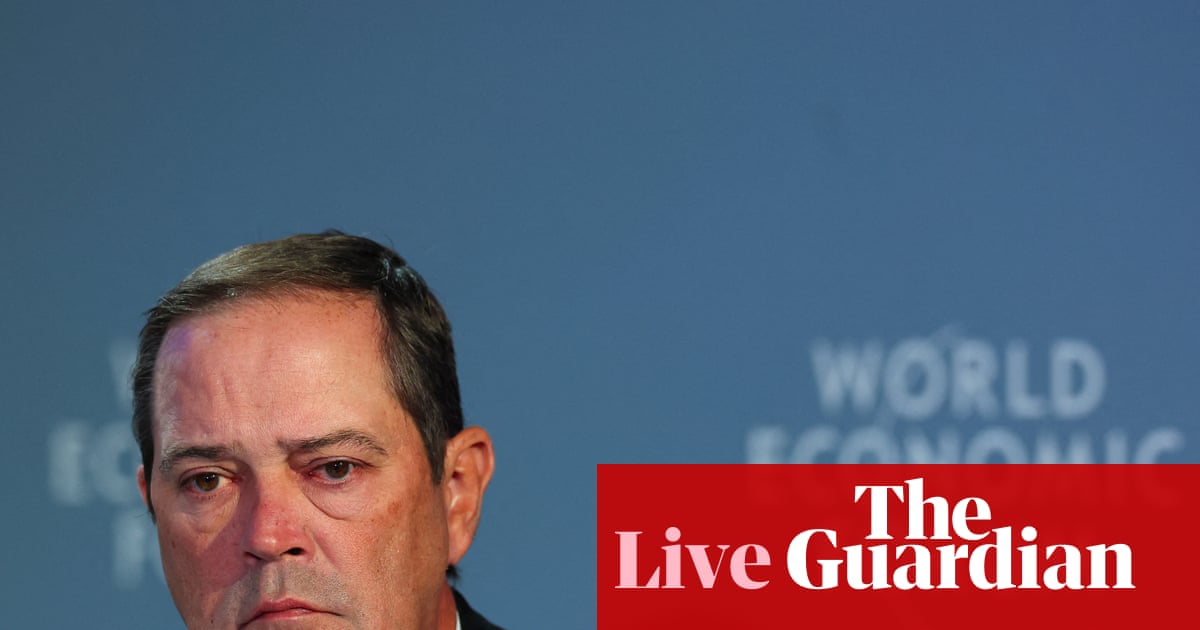War crimes targeting health workers, patients and facilities should be prioritised for international criminal prosecution, senior nursing and medical leaders have urged.
The number of health workers killed annually in conflicts has jumped five-fold in less than a decade, and the Royal College of Nursing (RCN) and British Medical Association (BMA) have called for action from the UK government to fully back international criminal court (ICC) prosecutions of perpetrators.
There were 175 health worker killings in conflict in 2016, rising to 932 in 2024, according to a new report from the RCN’s International Nursing Academy, using data from Insecurity Insights. The data is subject to a lengthy cross-checking process and likely to rise – for example, its initial report on 2023 included 143 health worker killings in Palestine, a figure which had risen to 414 by the time of their 2024 report.
Deaths in Palestine, Ukraine and Lebanon accounted for a significant rise since 2023, and there have been corresponding rises in health worker arrests and attacks on health facilities. There have already been more than 1,200 attacks on health workers recorded by Insecurity Insight this year, a total expected to climb due to delayed reporting.
“Any killing of any member of nursing staff, in any context or for any reason, is entirely abhorrent,” said Prof Nicola Ranger, general secretary and chief executive of the RCN.
“The UK government must do everything in its power to support the upholding of international law, including supporting the ICC to investigate and prosecute those responsible.”
Dr Andrew Green, chair of the British Medical Association’s ethics committee, said: “When states and armed groups break international humanitarian law with attacks on the wounded and sick, health facilities and health workers, they must be held to account, and governments around the world, including our own, all have a part to play in that process.”
Ranger said attacks on health systems left deep and lasting scars on communities, and placed them under immense strain as they sought to deal with widespread civilian injuries and escalating public health needs. She also called for UK overseas aid spending to be restored to 0.7% of GDP “to support the rebuilding of devastated health systems across the globe”.

The report, Care Amongst the Chaos, includes testimony from six nurses and a midwife working in Afghanistan, Gaza, Lebanon and Myanmar.
Asmaan, a nurse from Afghanistan said she and her colleagues faced intimidation and were unable to offer high-quality care.
“Most villages have no hospitals; patients die in ambulances because there is no emergency care, no oxygen, no nurses,” she said. “We are threatened by caretakers: ‘If something happens to my child, my husband is a Taliban, and he will come after you.’ How can we work safely like this?”
Omar, a nurse from Gaza where more than 1,200 healthcare workers have been killed by Israeli airstrikes in the past two years, said staff at his hospital worked around the clock to “care for large numbers of patients with complex and traumatic injuries – including amputations, diabetic complications, and gunshot wounds – in an environment where both resources and personnel are increasingly scarce”.
He said the scenes encountered during shifts inside the hospital, including “the lingering scent of blood” would “continue to haunt me in my dreams”, calling for “a simple thing: life, then life, then life in peace”.
The 1949 Geneva conventions outlawed attacks on healthcare facilities and workers in war zones, with later resolutions further tightening international humanitarian law.
In Myanmar, where healthcare staff have reported frequent targeting by the military, April, a senior nurse leader asked: “What is the point of international law if they murder our colleagues and don’t face consequences?”

 3 months ago
50
3 months ago
50

















































